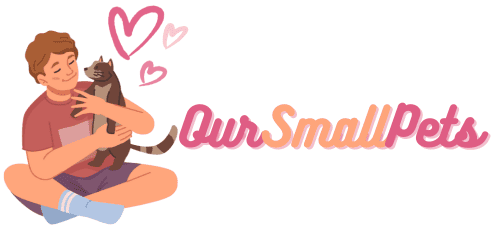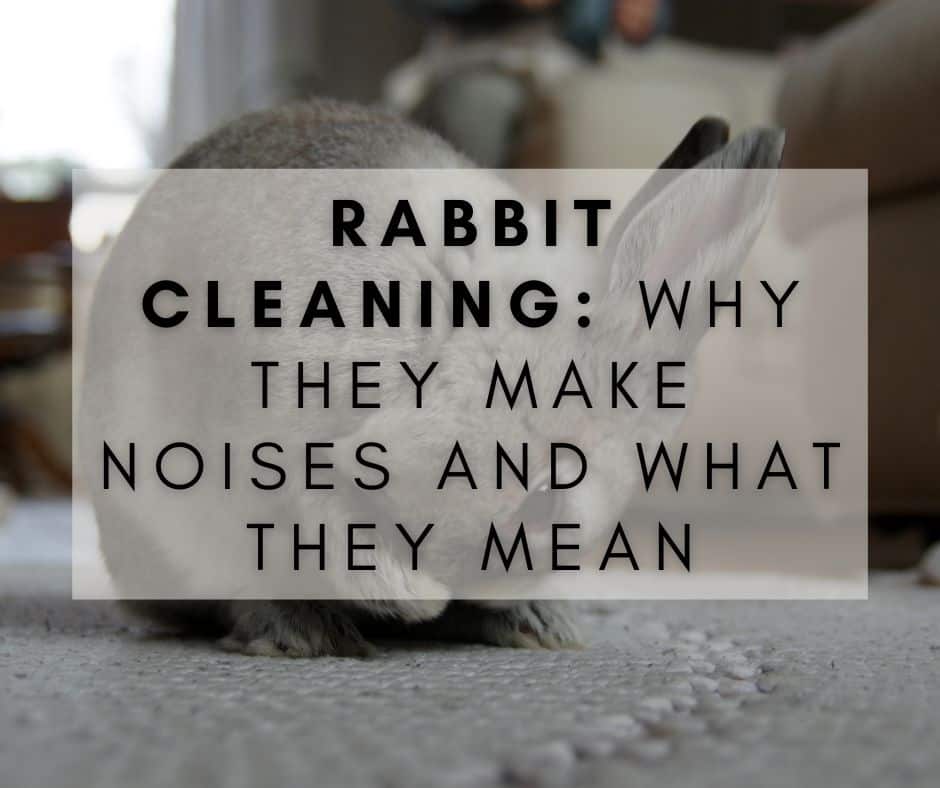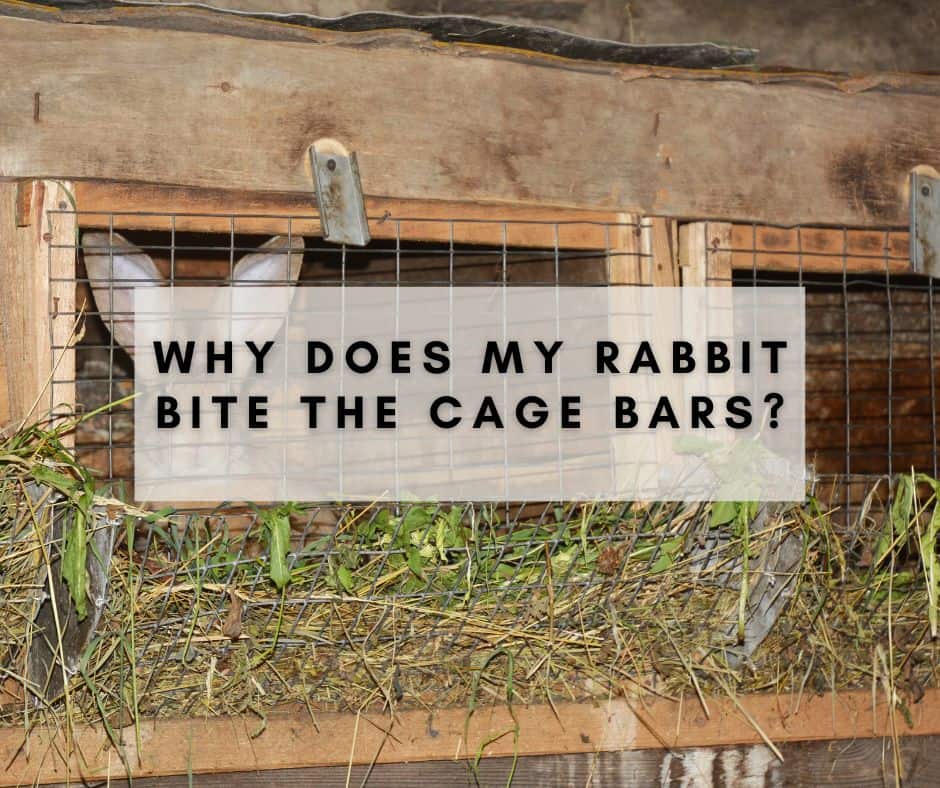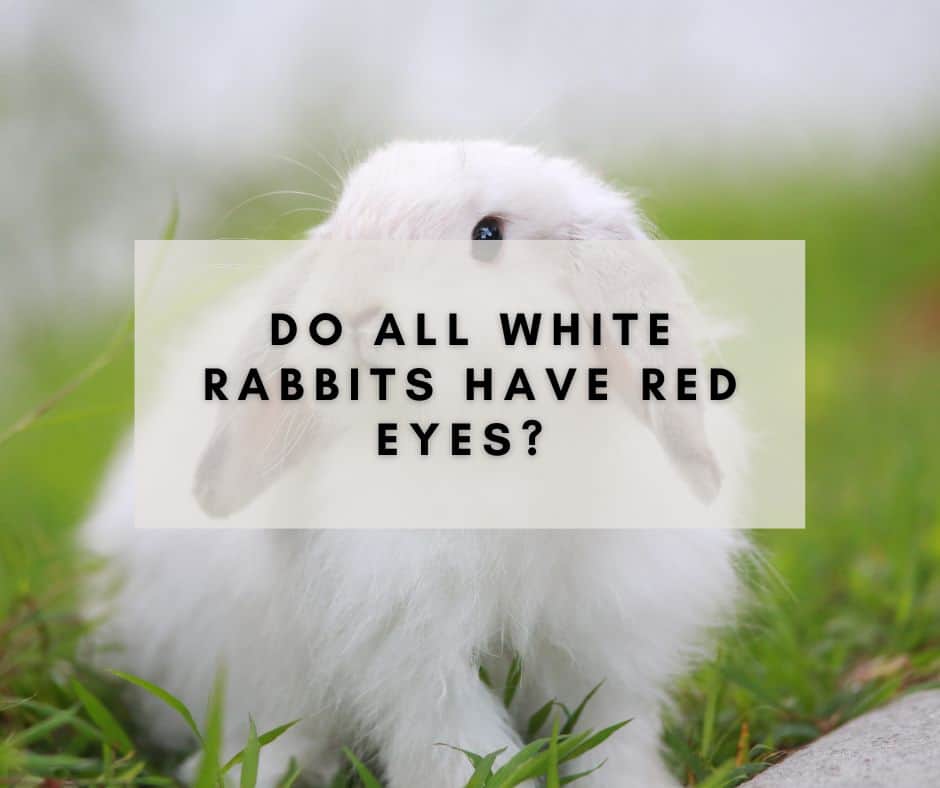If you’re a rabbit owner, you may have noticed that your furry friend makes a variety of noises while cleaning themselves. While it may seem like a simple act, there’s a lot of communication and behavior happening when rabbits clean themselves. Understanding why rabbits make noises while cleaning can help you better understand your pet’s needs and emotions.
Rabbits are known for being quiet animals, but they do make a variety of vocalizations and body language movements to communicate with their owners and other rabbits. When rabbits clean themselves, they may make soft grunting or purring noises, which can indicate that they are feeling content and relaxed. However, rabbits may also make louder, more urgent noises if they are feeling stressed or uncomfortable.
While cleaning, rabbits may also use body language to communicate with their owners and other rabbits. They may stretch out, roll over, or groom themselves in a particular way to indicate that they are feeling comfortable and relaxed. Conversely, if a rabbit is feeling threatened or uncomfortable, it may hunch up its body or flatten its ears against its head. Understanding these behaviors can help you better care for your pet and ensure that they are feeling happy and healthy.
Contents
Why Do Rabbits Make Noises When Cleaning?
If you have a pet rabbit, you may have noticed that they make noises when they clean themselves. These noises can range from soft purring to loud grunting, and they can be quite intriguing. In this section, we will explore the reasons why rabbits make noises when cleaning.
The Science Behind Rabbit Noises
Rabbits are social animals that communicate with each other through a variety of sounds, body language, and behaviors. When rabbits make noises, they are sending a message to other rabbits in their environment. These noises can be used to communicate a variety of things, including danger, fear, excitement, and contentment.
When a rabbit is cleaning itself, it is engaging in a behavior that is essential to its health and well-being. Rabbits are fastidious animals that spend a lot of time grooming themselves. During this process, they use their front paws to clean their face, ears, and body. As they clean themselves, they may make noises to communicate with other rabbits in their environment.
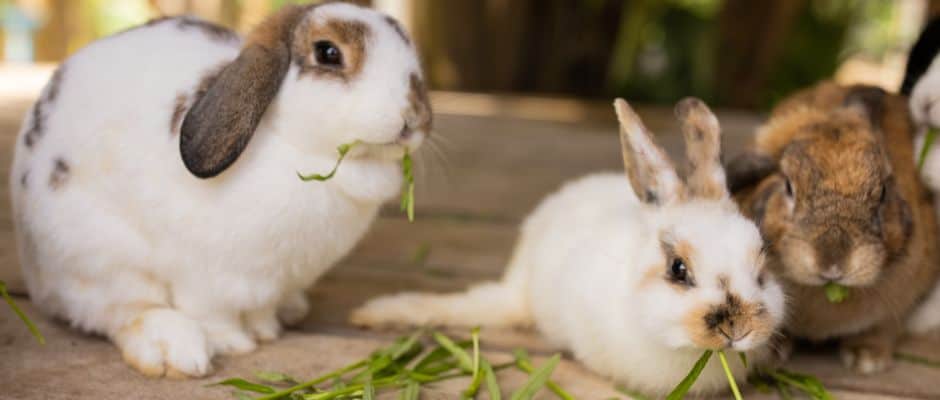
How Rabbits Communicate with Noises
Rabbits use a variety of noises to communicate with each other. Some common noises that rabbits make include:
- Purring: This is a soft, low-pitched sound that rabbits make when they are feeling content and relaxed.
- Grunting: This is a louder, deeper sound that rabbits make when they are feeling threatened or afraid.
- Squealing: This is a high-pitched sound that rabbits make when they are in pain or distress.
When a rabbit is cleaning itself, it may make a variety of these noises to communicate with other rabbits in its environment. For example, a rabbit may purr softly to indicate that it is feeling content and relaxed while it cleans itself. Alternatively, a rabbit may grunt loudly if it senses danger or feels threatened while it is cleaning.
Rabbits make noises when they clean themselves to communicate with other rabbits in their environment. These noises can convey a variety of messages, including contentment, fear, and danger. By understanding the science behind rabbit noises and how rabbits communicate with each other, you can better understand your pet rabbit’s behavior and body language.
Understanding Rabbit Noises
Types of Rabbit Noises
Rabbits can make a variety of noises, each with its meaning. Here are some of the most common types of rabbit noises:
- Purring – a soft, rhythmic sound that indicates contentment and relaxation.
- Growl – a low, guttural sound that indicates aggression or territorial behavior.
- Screaming – a high-pitched, piercing sound that indicates extreme fear or pain.
- Grunt – a short, sharp sound that indicates disapproval or annoyance.
- Clucking – a soft, clicking sound that indicates curiosity or interest.
- Grunting – a low, rumbling sound that indicates displeasure or discomfort.
- Growling – a deep, menacing sound that indicates aggression or warning.
- Whimpering – a soft, plaintive sound that indicates fear or pain.
- Hissing – a sharp, hissing sound that indicates fear or aggression.
- Squeal – a high-pitched, squeaky sound that indicates excitement or fear.
- Teeth grinding – a soft, rhythmic sound that indicates pain or discomfort.
- Wheezing – a low, raspy sound that indicates respiratory distress.
- Squealing – a high-pitched, squeaky sound that indicates excitement or fear.
- Honking – a loud, honking sound that indicates excitement or alarm.
- Foot stomping – a loud, rhythmic sound that indicates warning or aggression.
- Sneeze and cough – a sudden, sharp sound that indicates respiratory irritation or illness.
What Each Noise Means
Understanding what each noise means can help you better communicate with your rabbit and respond appropriately to their needs. Here are some common meanings behind rabbit noises:
- Purring – contentment and relaxation.
- Growl – aggression or territorial behavior.
- Screaming – extreme fear or pain.
- Grunt – disapproval or annoyance.
- Clucking – curiosity or interest.
- Grunting – displeasure or discomfort.
- Growling – aggression or warning.
- Whimpering – fear or pain.
- Hissing – fear or aggression.
- Squeal – excitement or fear.
- Teeth grinding – pain or discomfort.
- Wheezing – respiratory distress.
- Squealing – excitement or fear.
- Honking – excitement or alarm.
- Foot stomping – warning or aggression.
- Sneeze and cough – respiratory irritation or illness.
Common Rabbit Noises
If you are a rabbit owner, you may have noticed that your furry friend makes various noises throughout the day. These noises can indicate different emotions and behaviors, and it’s important to understand what they mean to ensure your rabbit’s well-being. Here are some common rabbit noises and what they could mean:
Noises During Cleaning
When your rabbit is grooming itself, it may make a soft purring or humming sound. This is a sign of contentment and relaxation. However, if your rabbit is grinding its teeth loudly while cleaning, it could indicate pain or discomfort. In this case, you should take your rabbit to the vet to rule out any health issues.
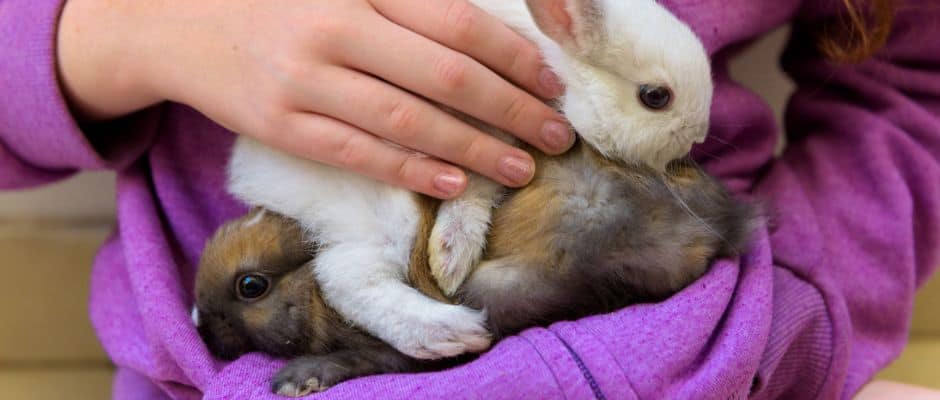
Noises During Eating
Rabbits are known for their love of food, and they may make various noises while eating. A happy rabbit may make a soft purring sound while munching on its food. However, if your rabbit is grinding its teeth loudly while eating, it could indicate dental problems or pain. You should monitor your rabbit’s eating habits and consult with a vet if you notice any changes.
Noises During Sleeping
Rabbits are crepuscular animals, which means they are most active during dawn and dusk. During the day, they may take naps and make soft snoring or grunting sounds while sleeping. However, if your rabbit is making loud thumping noises while sleeping, it could indicate a nightmare or a feeling of being threatened. You should comfort your rabbit and ensure its sleeping area is safe and secure.
Noises When Scared or in Pain
If your rabbit is feeling scared or in pain, it may make loud, high-pitched screams or shrieks. This is a sign that your rabbit needs immediate attention and care. You should comfort your rabbit and take it to the vet as soon as possible to determine the cause of the distress.
Preventing Unwanted Rabbit Noises
Environmental Factors
It’s important to create a peaceful environment for your rabbit to prevent unwanted noises. Rabbits are sensitive to their surroundings, so try to keep their living space quiet and calm. Avoid placing their cage next to a noisy appliance or in a high-traffic area of your home. Provide your rabbit with a comfortable, spacious cage that allows them to move around freely.
Health Issues
If your rabbit is making unusual noises while cleaning, it could be a sign of a health issue. Dental problems, respiratory infections, and other health issues can cause rabbits to make noises while grooming themselves. If you suspect your rabbit is experiencing health problems, take them to a veterinarian for a checkup. Early detection and treatment can help prevent serious health issues.
Behavioral Issues
Rabbits can make noises while cleaning due to behavioral issues. If your rabbit is feeling stressed or anxious, they may make noises while grooming themselves. Try to identify the source of your rabbit’s stress and take steps to reduce it. Provide your rabbit with plenty of toys and activities to keep them occupied and engaged. Spend time with your rabbit every day to help them feel more comfortable and secure.
By taking steps to create a peaceful environment, addressing potential health issues, and reducing stress and anxiety, you can prevent unwanted rabbit noises while cleaning. Remember to provide your rabbit with plenty of love and attention to help them feel happy and secure.
Conclusion
Now you know that rabbits make noises when cleaning themselves. This is completely normal behavior and nothing to worry about. It’s just their way of expressing contentment and relaxation.
If your rabbit makes noises while cleaning, it’s a good sign that they are happy and healthy. However, if your rabbit suddenly stops making noises while cleaning or shows signs of discomfort, it could be a sign of an underlying health issue. In that case, it’s best to consult with your veterinarian.
Remember, rabbits are social animals and need lots of attention, love, and care. Providing them with a safe and comfortable environment, a healthy diet, and plenty of playtimes can help reduce stress and prevent aggressive behavior.
If your rabbit does exhibit aggressive behavior, such as biting or nipping, it’s important to address the issue immediately. This could be a sign of displeasure or injury or even a response to a predator nearby.
Overall, understanding your rabbit’s behavior and vocalizations can help you provide them with the best care possible. Whether they are cleaning themselves, sighing with contentment, or excitedly hopping around, your bunny is sure to bring you joy and companionship for years to come.
